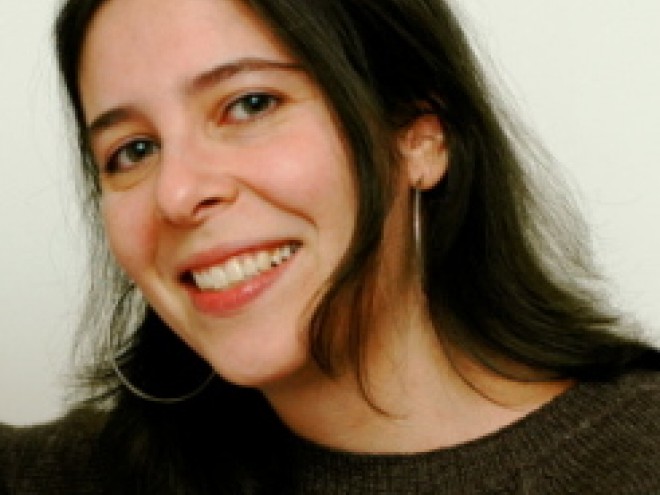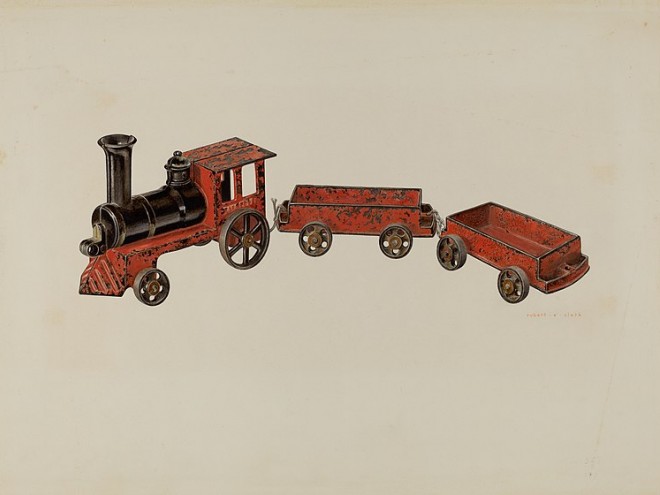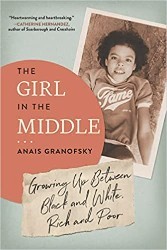Professor Agur Schiff is stuck in an unnamed West African country, on trial for the crimes of his slave-trading great-great-great-great grandfather. He finds himself having to answer for the horrors perpetrated by his kin, whom he regards with an ambivalent mess of pride and shame. Told from several perspectives, this satirical novel moves between the protagonist’s testimony before the Special Tribunal, the months leading up to his arrest, and his ancestor’s history.
Professor Schiff’s Guilt skewers the exoticizing western gaze that homogenizes the Global South. Tel Aviv resident Agur Schiff — who happens to share a name with the book’s author — struggles to see any connection between himself and his colonizing forefather. But a present-day parallel narrative reveals that Schiff isn’t free of a subjugating gaze. In the months before his trial, he falls for Lucile Tetteh-Ofosu, an African migrant who becomes his house cleaner in an extremely under-the-table settlement with an attorney who owes him money. In fact, this lawyer offers Lucile up in lieu of cash, creating a slave-trading dynamic from the very first chapter. Even though Lucile bewitches Schiff, he nevertheless came to know her in a deal that effectively used her as a token of trade.
Things become even more complicated when Lucile meets Schiff’s father-in-law, a lonely 104-year-old man named Mordechai who has traversed the whole of Africa. In fact, his house is cluttered with relics from his travels. This centenarian is enamored with Lucile — sixty years his junior — and vies for her hand in marriage. Quickly, both Schiff and his father-in-law become caricatures of Western colonizers who exalt this woman for her alluring differences without actually seeing her as a three-dimensional person. Rather, they view her as a representation of all that is mystifying and “foreign.”
Upon learning that the slave-trading Schiff took a disabled child bride from Paramaribo, the reader finds that a person with good intentions may also have an absolute misunderstanding of what it means to respect someone’s humanity.
And Schiff (the author, not the character) makes this misunderstanding quite entertaining. His prose renders Schiff (the character) into a bright-eyed tourist who sees himself as one of the good guys, yet who alienates the Global South again and again. This snidely funny novel suggests that even the most well-meaning, educated people are prone to showing their inner colonizer.
While it’s uncertain how much the titular Schiff and his author actually have in common, the reader can’t help but wonder whether the writer carries the same guilt.
Elana Spivack is a writer and journalist in New York City where she lives with her tuxedo cat, Stanley.





